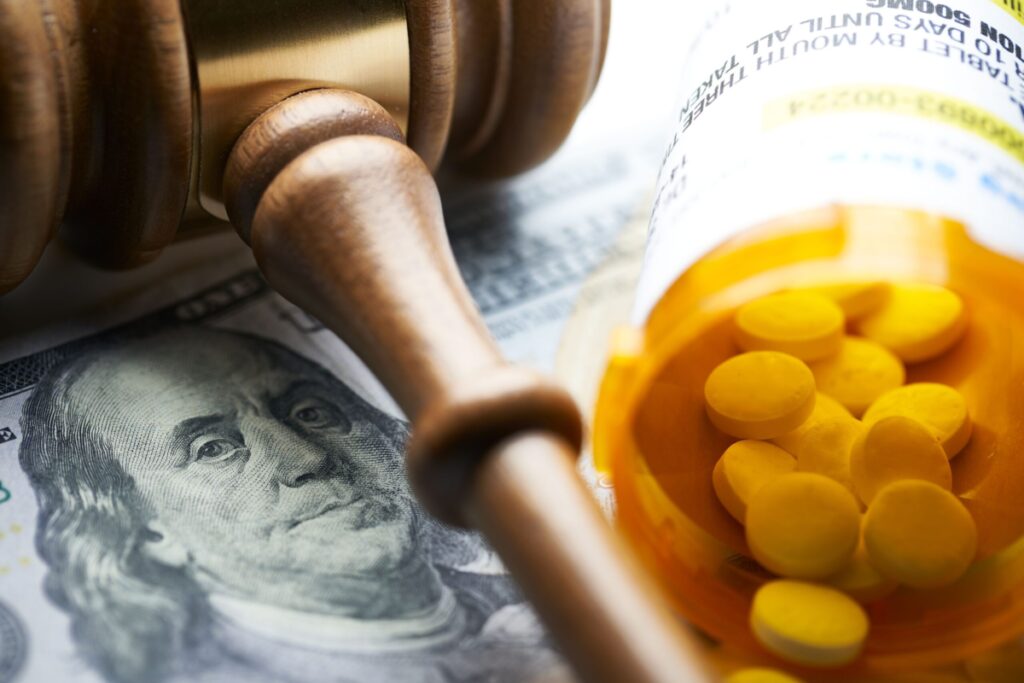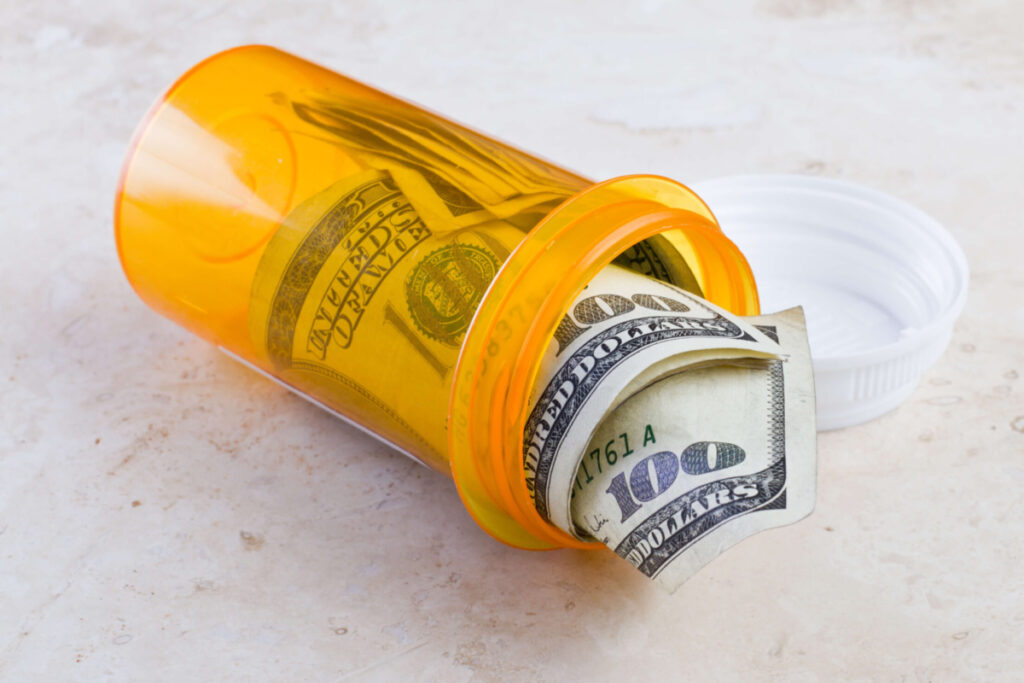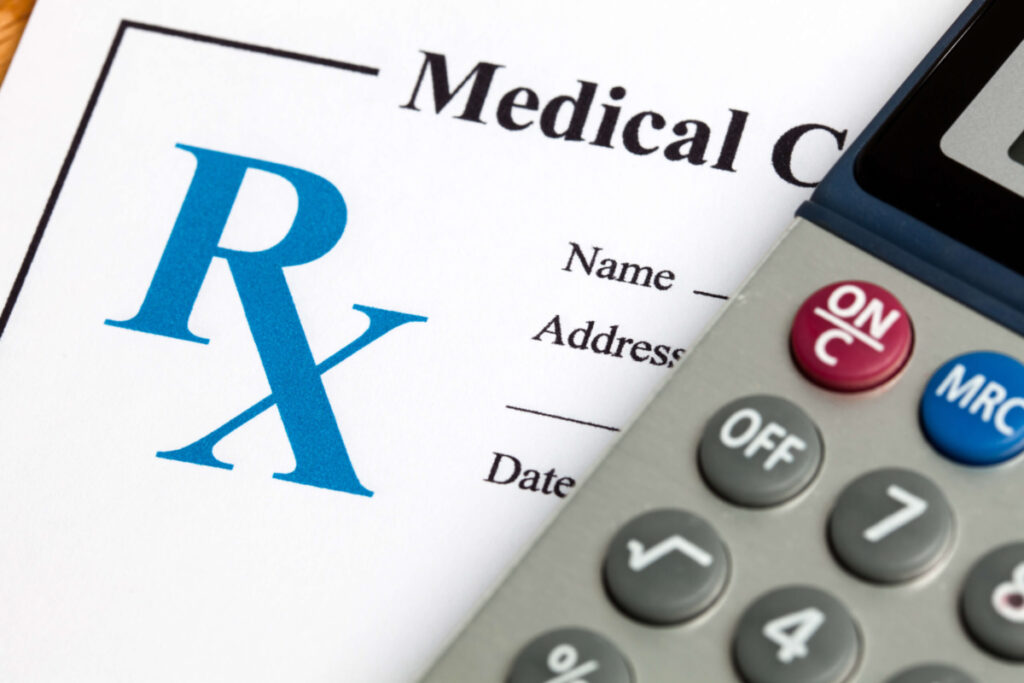Section 1. Statement of Legislative Intent; Purpose
The purpose of this Chapter is to protect the safety, health and economic well-being of [name of state] people by guarding them from the negative and harmful impact of excessive and unconscionable prices for prescription drugs. In enacting this Act, the legislature finds that:
- Access to prescription drugs is necessary for XXXXX people to maintain or acquire good health;
- Excessive and unconscionable prices negatively impact the ability of XXXXX people to obtain prescription drugs and such price increases thereby endanger the health and safety of XXXXXX people to maintain or acquire good health;
- Excessive and unconscionable prices for prescription drugs threaten the economic well-being of XXXXXX people and endanger their ability to pay for other necessary and essential goods and services including housing, food and utilities;
- Excessive and unconscionable prices for prescription drugs contribute significantly to a dramatic and unsustainable rise in health care costs and health insurance that threaten the overall ability of XXXXXX people to obtain health coverage and maintain or acquire good health;
- Excessive and unconscionable prices for prescription drugs contribute significantly to rising state costs for health care provided and paid for through a) state funded medical assistance programs for XXXXX people who are older, living with disabilities or have low incomes; and b) health insurance programs for public employees, including employees of the state, municipalities and counties, school districts, institutions of higher education, and retirees whose health care costs are funded by public programs, thereby threatening the ability of the state to fund those programs adequately and further threatening the ability of the state to fund other programs necessary for the public good and safety, such as public education and public safety; and
- Based on findings (1) through (5) the legislature finds that excessive and unconscionable prices for prescription drugs threaten the safety and well-being of XXXXXX people and find it is necessary to act in order to protect XXXXXX people from the negative impact of excessive and unconscionable drug prices.
Section 2. Definitions
(a) “Prescription Drug” has the same meaning stated in [Cite to State’s Pharmacy Act]
(b) “Wholesale Acquisition Cost” has the meaning stated in 42 U.S.C. § 1395w-3a.
(c) “Consumer Price Index” means the Consumer Price Index, Annual Average, for All Urban Consumers, CPI-U: U.S. City Average, All items, reported by the United States Department of Labor, Bureau of Labor Statistics, or its successor or, if the index is discontinued, an equivalent index reported by a federal authority or, if no such index is reported, “Consumer Price Index” means a comparable index chosen by the Bureau of Labor Statistics.
(d) “Generic or Off-Patent Drug” means any Prescription Drug as to which any exclusive marketing rights granted under the federal Food, Drug, and Cosmetic Act, § 351 of the federal Public Health Service Act, and federal patent law have expired including and any drug-device combination product for the delivery of a generic drug.
Section 3. Excessive Price Increases Prohibited
(a) It is a violation of this subtitle for a manufacturer to impose an excessive price increase, whether directly or through a wholesale distributor, pharmacy or similar intermediary or intermediaries, on the sale of any Generic or Off-Patent Drug sold, dispensed or delivered in the state to any consumer in the state.
(b) A price increase is excessive for purposes of this subtitle when
(1) the price increase, adjusted for inflation utilizing the Consumer Price Index, exceeds (A) fifteen per cent of the Wholesale Acquisition Cost during the immediately preceding calendar year, or (B) forty per cent of the Wholesale Acquisition Cost during the immediately preceding three calendar years, and
(2) the price increase, adjusted for inflation utilizing the Consumer Price Index, exceeds thirty dollars for (A) a thirty-day supply of such Generic Drug, or (B) a course of treatment of such Generic Drug lasting less than thirty days.
(c) It is not a violation of subsection (a) of this section for a wholesale distributor or pharmacy to increase the price of a Generic or Off-Patent Drug if the price increase is directly attributable to additional costs for the drug imposed on the wholesale distributor or pharmacy by the manufacturer of the drug.
Section 4. Registered Agent and Office Within the State
Any entity that sells, distributes, delivers or offers for sale any Prescription Drug in the state is required to maintain a registered agent and office within the state.
Section 5. Enforcement
(a) The administrator of benefits for state employees, or any entity of state government that provides or purchases a pharmacy benefit, or any entity under contract with state government to provide pharmacy benefits, or any other entity of state government, shall notify the manufacturer of a Generic or Off-Patent Drug and the Attorney General of any price increase in violation of Section 3 above.
(b) Within 45 days of receipt of notice under subsection (a), the manufacturer of the Generic or Off-Patent Drug shall submit a statement to the Attorney General:
(1) itemizing the components of the cost of producing the drug;
(2) identifying the circumstances and timing of any increase in materials or manufacturing costs that caused any increase during the preceding year in the price of the drug;
(3) providing any other information that the manufacturer believes to be pertinent to a determination of whether a violation of this subtitle has occurred.
(c) The Attorney General may require a manufacturer and distributor to produce any records or documents that may be relevant to a determination of whether a violation of this subtitle has occurred.
(d) On petition of the Attorney General, a circuit court may issue an order:
(1) compelling the manufacturer of Generic or Off-Patent Drug:
(A) to provide a statement required under subsection (b) of this section; or
(B) to produce records or documents requested by the Attorney General under subsection (c) of this section that may be relevant to a determination of whether a violation of this subtitle has occurred;
(2) restraining or enjoining a violation of this subtitle, including an order requiring prices be restored to levels that comply Section 3 above;
(3) requiring the manufacturer to provide an accounting to the Attorney General of all revenues generated in violation of Section 3 above;
(4) restoring to any consumer, including any third-party payor, any money acquired as a result of a price increase that violates this subtitle;
(5) requiring that all revenues generating in violation of Section 3 be remitted to the state to be used for efforts designed to reduce the cost to XXXXXX consumers of acquiring Prescription Drugs, if a manufacturer is unable to determine the individual transactions necessary to provide the restitution described in subsection (d)(4) above;
(6) imposing a civil penalty of up to $10,000 a day for each violation of this subtitle; and
(7) providing for any other appropriate relief, including attorney’s fees and costs reasonably incurred by the Attorney General in bringing action against a manufacturer found in violation of Section 3 above.
(e) With respect to subsection (d)(5) above, every individual transaction in violation of Section 3 is determined to be a separate violation.
Section 6. Prohibition on Withdrawal of Generic or Off-Patent Drugs for Sale
(a) It shall be a prohibition of this Chapter for any manufacturer or distributor of a Generic Drug to withdraw that drug from sale or distribution within this state for the purpose of avoiding the prohibition of price increases set forth in Section 3 above.
(b) Any manufacturer who intends to withdraw a Generic or Off-Patent Drug from sale or distribution from within the state in order to avoid a prohibited price increase as described in Section 3 of this part shall provide a notice of withdrawal in writing to the Board of Pharmacy and to the Attorney General 180 days prior to such withdrawal.
(c) The Attorney General shall assess a penalty of $500,000 on any entity, including any manufacturer or distributor of a Generic or Off Patent Drug, that it determines has withdrawn a Generic or Off-Patent Drug from distribution or sale in the state in violation of subsection (a) or (b) of this Section.



